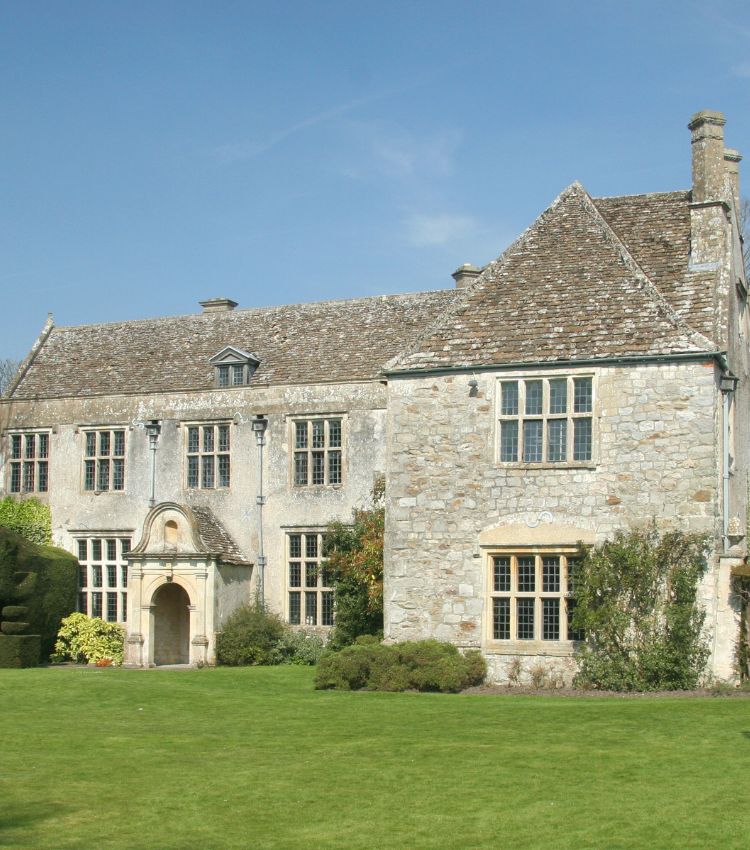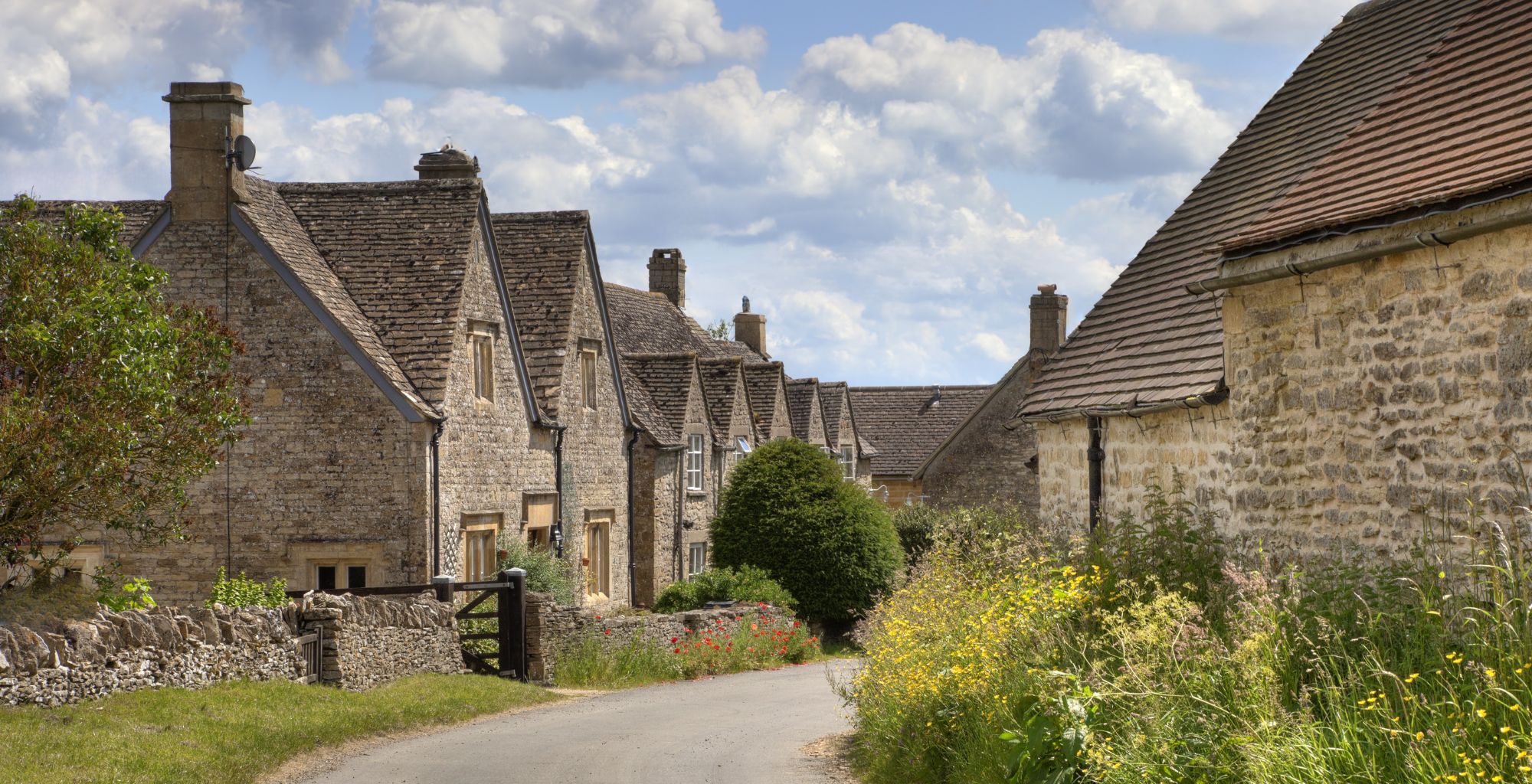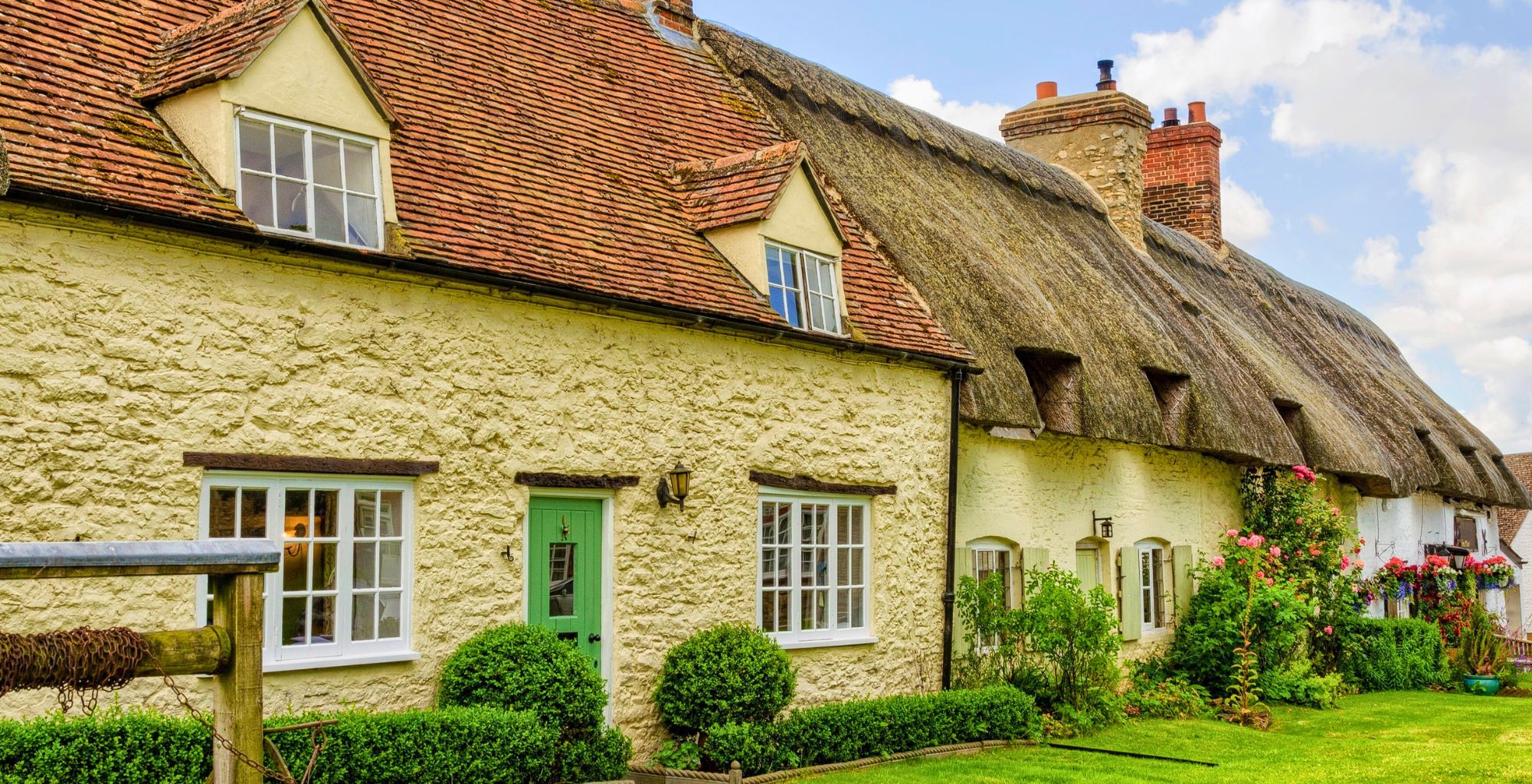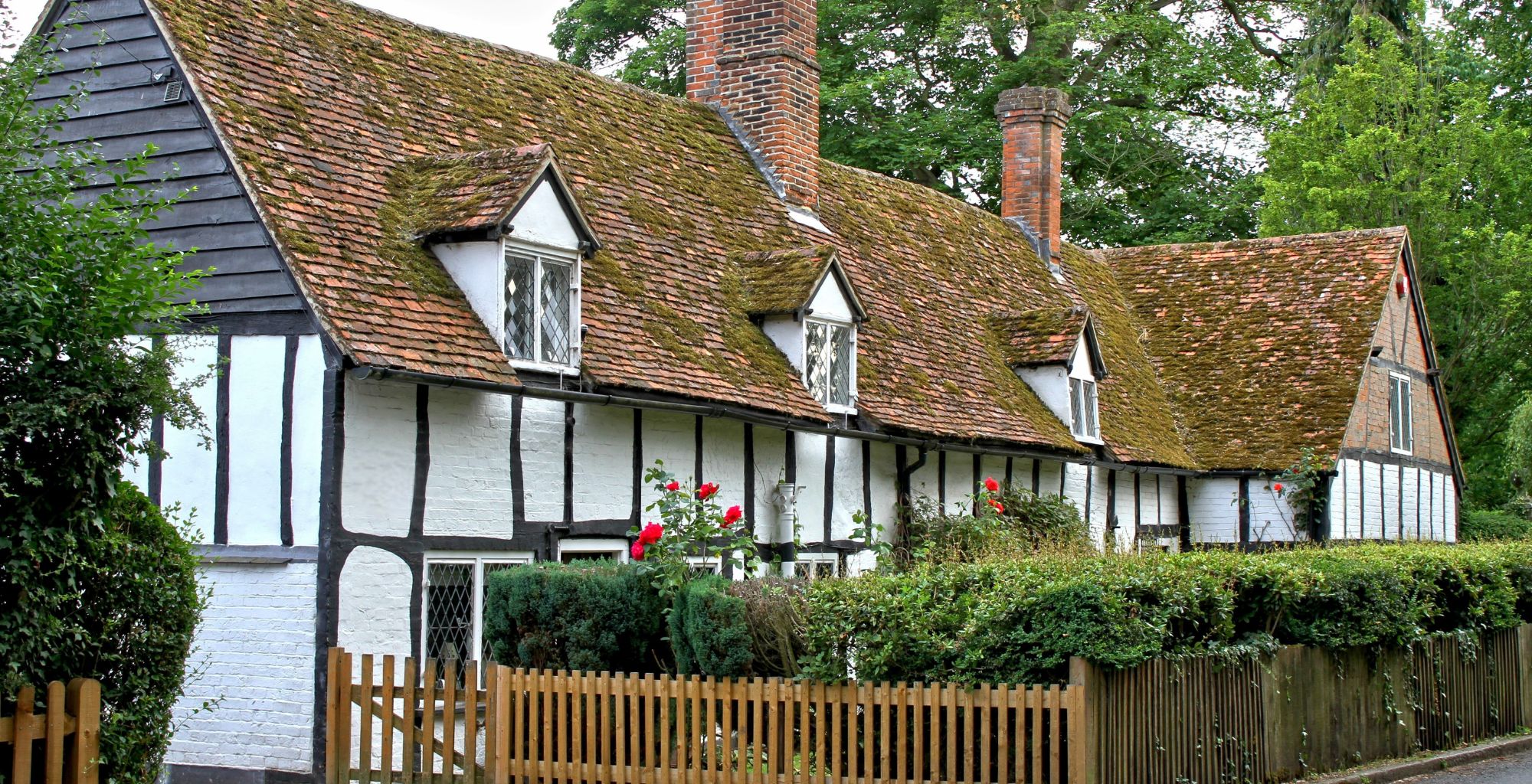Are you considering a move to the North West and want to know where the best places to live...
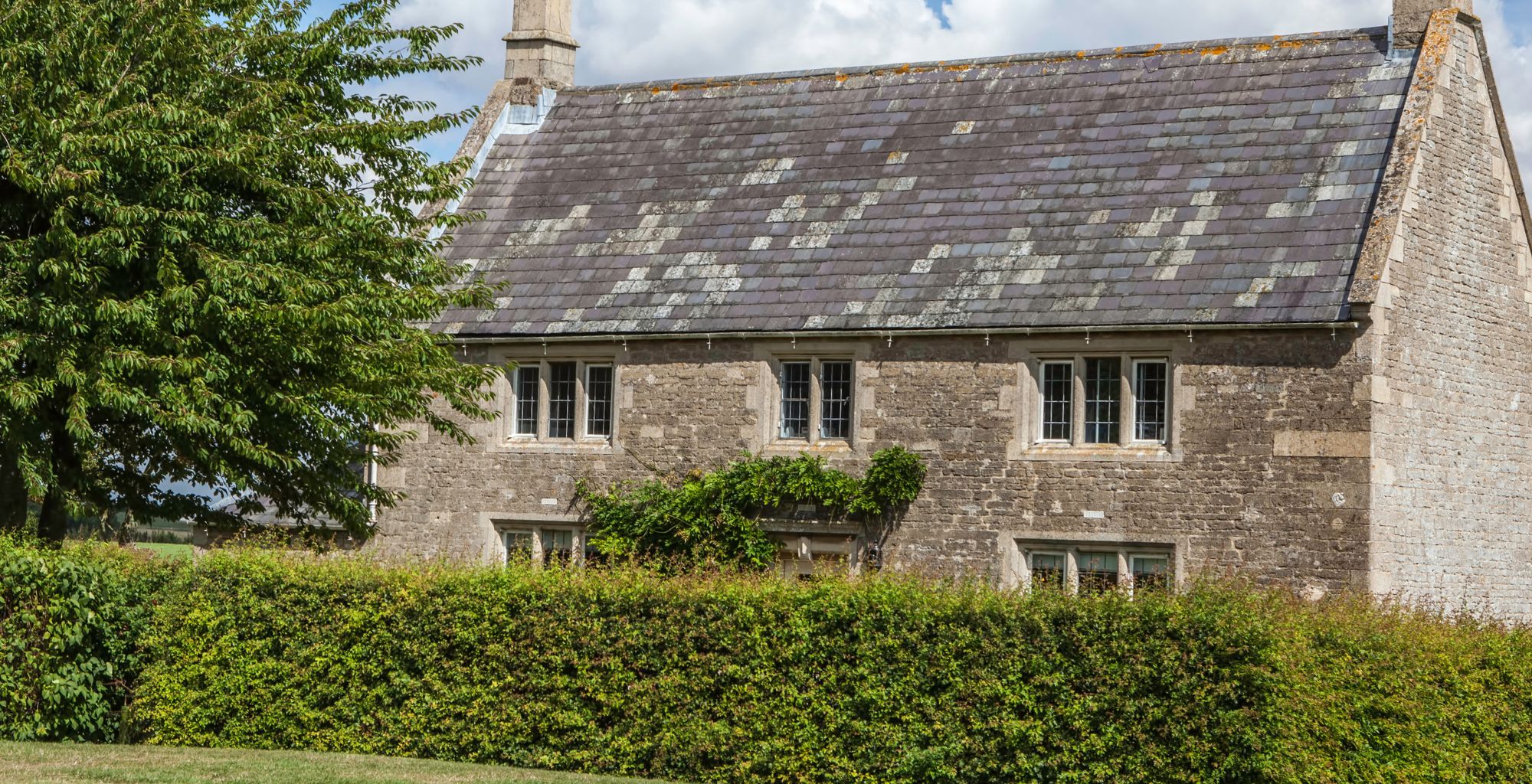
Inherited property: Considering your options
Those who have inherited property are, more often than not, going through an emotionally charged experience, usually occurring as the result of a bereavement.
Making informed decisions about the next steps can be challenging, particularly when emotions run high. Understanding your options and the financial implications is key to ensuring the best outcome.
There are three primary choices when inheriting property: selling, renting, or keeping it.
However, the right decision is not always straightforward. In this article, we explore different scenarios and potential considerations for those who have inherited property.

Who’s involved?
In many cases, multiple parties are involved in an inherited property. You may inherit a property alongside others, such as siblings, or inherit a share of a home where another owner still resides.
If another person remains in the property, their right to stay may be outlined in the will. In such cases, it is important to seek legal advice to clarify your position and responsibilities.
For properties with existing tenants, you will take on the legal obligations of a landlord. This includes adhering to tenancy agreements and ensuring compliance with UK rental laws.
Before making decisions about selling or renting, you must consider the tenants’ rights and the associated legal responsibilities.
If you inherit property with others, open discussions about priorities and objectives are essential. While sentimental value often plays a role in decision-making, practical and financial factors should also be considered to avoid disputes.
Selling an inherited property
When you inherit a property, Capital Gains Tax (CGT) is not charged at the point of inheritance. Instead, the property’s value is ‘reset’ to its market value at the date of death.
CGT will only apply if you later sell the property, based on any increase in value from this new baseline. Therefore, seeking professional tax advice before making a decision is advisable.
If you inherit a large property that you do not intend to live in, you may consider selling and reinvesting the proceeds in alternative assets.
Some choose to purchase multiple smaller properties that offer better rental yields or long-term investment potential.
Monitoring the local property market before making a decision is also crucial. If market conditions are unfavourable, renting the property temporarily may be a viable option, but it is important to weigh up tax implications and landlord responsibilities.
Letting an inherited property
If you decide to rent out the inherited property, seeking guidance from a financial adviser and property tax specialist is highly recommended. They can help you structure ownership efficiently and understand tax liabilities.
First-time landlords should familiarise themselves with the financial and legal requirements.
Income tax is payable on rental profits, and you will need to submit annual tax returns. Professional advice on allowable deductions and tax-efficient ownership structures can be beneficial.
You’ll also need to consider who will be finding tenants and managing the property. Whilst you could do this yourself, it is a large undertaking. If you already have a job and a busy life it might be worth considering employing the services of a managing agent who can look after the property for a fee.
Another important consideration is factoring in the costs of making the property fit for rental. Depending on the size of the property you might be required to obtain a House in Multiple Occupancy (HMO) license after meeting the requirements which are dictated by the local council.
Rental properties require regular gas safe checks, you might need to install a new boiler or system to meet the standards necessary. You’ll also need insurance that covers rental property specifically.

Keeping an inherited property
If you intend to keep the inherited property as a second home rather than your primary residence, notifying HMRC is important. Principal Private Residence Relief applies only to a main home, meaning CGT may be payable when selling a second property in the future.
Owning an additional property also comes with ongoing costs, including maintenance, insurance, and potential Inheritance Tax (IHT) liabilities for future generations. Careful financial planning is necessary to ensure long-term sustainability.
Unsure what to do?
Dealing with an inherited property can be complex, particularly during an emotional time. Seeking advice from financial advisers, tax specialists, and solicitors can help you navigate the legal, tax, and practical implications effectively.
This article provides a general overview of considerations when inheriting property and should not be relied upon as legal advice. No liability is accepted for any reliance on this information. We strongly recommend obtaining professional advice tailored to your circumstances.
At Garrington Property Finders, we can assist with the management of your sale, ensuring a smooth process with estate agents.
If you are looking to reinvest in a more suitable property or need expert guidance on your next steps, our team is well placed to help. Contact us today for a no-obligation discussion about our services.
